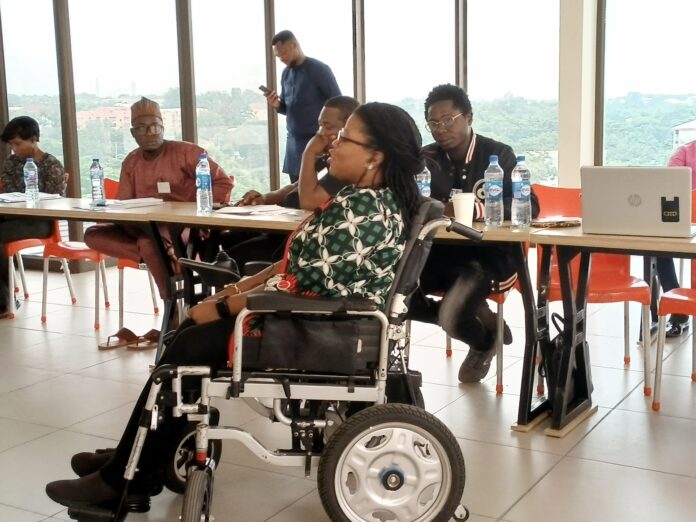Persons With Disabilities in Nigeria are unhappy at the language used in the media to describe them and the challenges they face.
A two-day workshop on disability-inclusive reporting organized by Centre for Journalism Innovation and Development(CJID) examined media language as it relates to PWDs in the country and identified common misconceptions.
According to the UN Convention on the Rights of Persons with Disabilities, “Persons with disabilities include those who have long-term physical, mental, intellectual or sensory impairments which in interaction with various barriers may hinder their full and effective participation in society on an equal basis with others.”
The Deputy Director of CJID, Busola Ajibola, said the training became necessary because of the common and negative stereotypes in the use of language while reporting persons with disabilities.
The facilitators took participants through a session on stereotypes, misconceptions and stigmatizing words used in addressing PWDs.
Ms Grace jerry, founder, Inclusive Friends Association, said the ways people with disabilities are perceived in society, and how they perceive themselves, are influenced by media representations through the power of language usage.
In correcting these language gap, Jerry said PWDs should not be labelled and put in categories such as, “the handicapped”, “the disabled”, “the retarded”, “the learning disabled”, “the brain dead” and so on.


